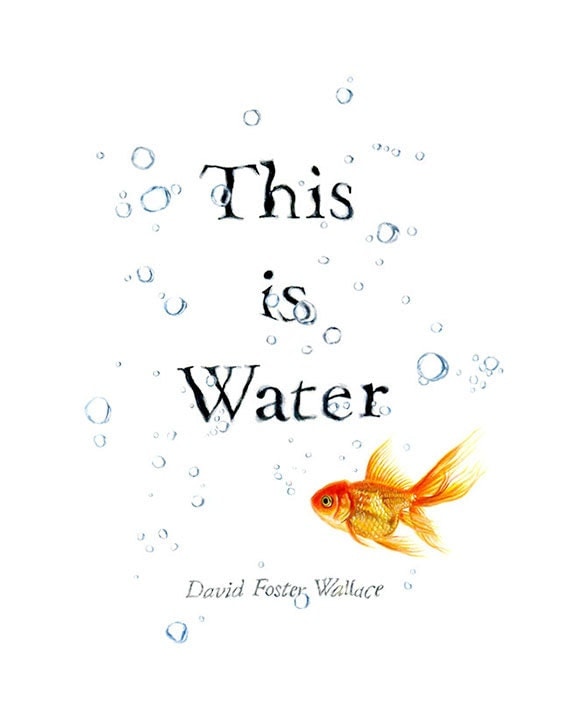Once again, I am trying to resurrect this blog! It's been over 7 years since I first read Viktor Frankl's
Man's Search for Meaning,where Dr. Frankl, a Viennese psychiatrist, recounts his experiences as a Jewish prisoner in the Nazi concentration camps during World War 2 (for a timeline of his life, check out
Viktor Frankl Institute - Official Website of the Viktor Frankl Institute Vienna)
Since that time, I have read several books and articles about Frankl and his counseling modality/theory/philosophy called logotherapy (therapy through meaning). Frankl's belief, which is a fundamental basis for his theory, was that people are not driven by the pursuit of pleasure, as proposed by Freud, or by the pursuit of power, as proposed by Adler. Instead, human beings are motivated to find purpose and meaning in their lives - it is through this pursuit of meaning and purpose in one's life that true happiness can ensue. This, as well as the other assumptions and tenets of logotherapy continue to resonate with me, since it speaks to my own life so clearly. I have had a few diverse careers and experiences in my life, and yet it is school counseling where I feel I have discovered true meaning in my life (and thus deep joy and satisfaction).
When asked about the meaning of his own life, Frankl would respond, not surprisingly, that it is to help others find meaning in their lives. Similarly, I believe my life's purpose is to help students become capable and purposeful human beings, and there is perhaps no better forum than education. In fact, I strongly believe that the three fundamental tenets or assumptions of logotherapy (freedom of will, will to meaning, and meaning of life) are particularly applicable in education at all grade levels, although the focus on career/college readiness at the high school level makes logotherapy especially conducive to this older grade level. I strongly believe that when students make connections between their academics and interests/goals, they will become more engaged in school, which translates into better attendance, grades, and attitude/behavior.
My motivation for creating this blog a few years ago was, and still is, to provide a forum where school counselors, educators, as well as other education stakeholders can discuss the application of Franklian psychology in the education of our youth. I have not posted much, probably due to time constraints as well as being intimidated by the "blank page" - that is,what do I write? There is so much.
So I'll start out small - I'll post from time to time articles of f interest. I am currently taking my third course from the Viktor Institute of Logotherapy titled "Meaning-Centered Interventions" where I am required to draft a reflection at the end of each unit - so perhaps I'll post some of those reflections. My hope is that others might read my posts, ask questions, and contribute their own thoughts. For those new to logotherapy, I highly recommend Frankl's
Man's Search for Meaning. Another useful website is from the U.S.
Viktor Frankl Institute of Logotherapy headquartered in Texas The links at the top of the page provide an excellent summary of Frankl's life as well as logotherapy.
Thank you for reading!
